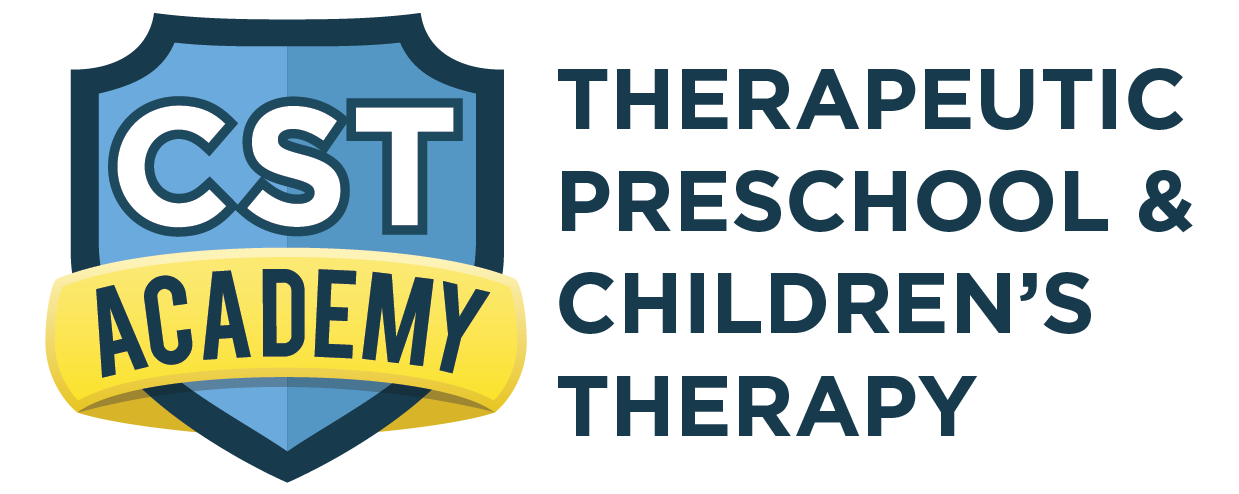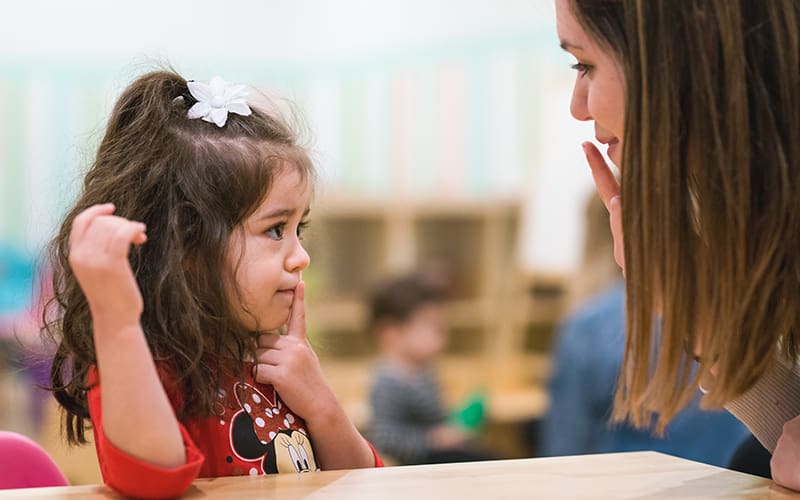Selective mutism is a complex condition affecting communication in children. Learn about its signs, interventions, and support strategies.
Selective mutism is a rare condition that profoundly affects a child’s ability to communicate in social settings, despite being able to speak in other environments. This article aims to shed light on this often misunderstood condition, providing insights for parents, therapists, and educators.
What is Selective Mutism?
Selective mutism is not just shyness; it’s a manifestation of social anxiety that leads to persistent mutism in specific situations, such as school or community settings. Children with selective mutism may speak at home but remain silent in other social contexts, impacting their academic performance and social interactions.
Recognizing Signs and Symptoms:
Signs of selective mutism typically emerge before the age of five and may include:
- Persistent mutism in social situations
- Avoidance of eye contact and social interactions
- Physical symptoms of anxiety, such as sweating or trembling
Dispelling Myths:
Selective mutism is often misunderstood as a communication disorder or cognitive delay. However, children with selective mutism comprehend language and cognitive concepts but struggle with anxiety-related speech inhibition.
Seeking Support and Treatment:
Early intervention is crucial for children with selective mutism. Speech-language pathologists, child psychologists, pediatricians, and educators collaborate to develop tailored treatment plans. Treatment may include behavioral therapy, exposure therapy, and social skills training.
Understanding Prevalence:
While selective mutism is rare, affecting fewer than 1% of individuals receiving mental health treatment, awareness and early intervention are vital for affected children’s well-being and academic success.
Conclusion:
Selective mutism presents unique challenges for children, families, and educators. By understanding its signs, dispelling myths, and seeking early intervention, we can support children with selective mutism in reaching their full potential. If you suspect your child or a student may have selective mutism, don’t hesitate to seek guidance from qualified professionals and resources like the American Speech-Language-Hearing Association (ASHA).













